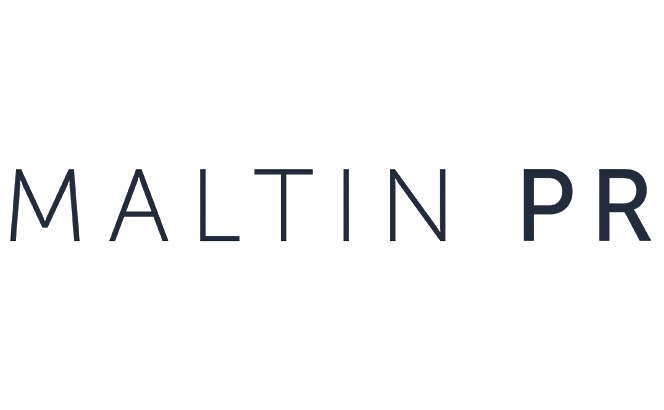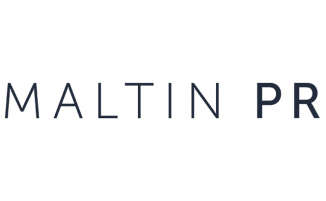The potential for reputational damage from ongoing litigation is increasingly recognised across the legal sector. Even where the value of a dispute going through court may be relatively small, the reputational damage that can result from the hearings – particularly at trial – can be vastly greater. It is therefore vital to have a comprehensive strategy in place to manage any media attention that the case may receive, both to put the client’s narrative forward and to parry any talking points floated by the other side.
While it may seem advantageous to seek to minimise media attention at all costs during hearings that are likely to go poorly, this can often backfire. Seeking to push forward the client’s position and narrative only during positive parts of a case, and otherwise largely not engaging with the media, can cause long-term issues for credibility when working with those journalists relying on the parties for information around a case. Litigation is a contact sport both in the courtroom and in the press, and it is vital to have a team of experts advocating for you in both arenas.
Even when particulars of claim and defences are made public on online court platforms there is often a multiple-day delay in receiving requested documents, which in the fast-paced world of journalism can cause numerous issues. Accordingly, providing pleadings to journalists with whom the litigation PR team has a good relationship as soon as these are made public can help ensure that they are able to provide a detailed background briefing on the claim alongside the documents, likely resulting in a more favourable suite of initial coverage of the litigation.
Ensuring that your litigation PR team is properly integrated into the legal team from the start of proceedings will enable them to build a constructive relationship with the journalists covering the case, as those journalists will then know from the outset they can rely on your litigation PR team for accurate and timely publicly available information as the case progresses. While keeping this dialogue going throughout the rougher patches of a litigation may seem counterproductive in advancing the client’s interests, it is better that they are coming to your side for background briefings rather than receiving similar briefings unopposed from the other parties.
There have been numerous developments in the English media environment that have led court reporters to need to place a greater reliance on the parties, and their representatives, to report on information around a case. Where the number of court reporters has decreased, this often presents a major issue for those that remain – the number of hearings is much higher than they can possibly cover unaided. It is therefore typical for journalists to attend hearings only briefly before then relying on written pleadings to cover the content of the day in court.
During hearings, physical copies of key documents would previously have been made available by the court. Now reporters must rely on the parties to provide access to public documents, including skeleton arguments. A patchwork of Civil Procedure Rules and previous rulings provide that the media are entitled to skeleton arguments and other key documents, and declining to provide these can result in court time being taken up by submissions being made by journalists to access these, and then potentially the journalist not having time to fully review them ahead of publication. The former can serve to irritate the judge overseeing the case, while the latter can result in coverage that is more favourable to the other side than the pleadings merit.
Where the legal team is of course very busy both around and during hearings, having a fully-briefed litigation PR team can provide the capacity required not just to handle document requests but also provide further background briefings on what these hearings relate to and the client’s position in these. What could be expected to be a dry case management hearing could include details of explosive new evidence or allegations against a counterparty, and these briefings can serve to explain this to journalists ahead of time and allow them to clear space in their diaries.
Where a client’s position may not be strong for a particular hearing, it is still vital to undertake media work if the other side is doing so, or if the case is likely to garner media attention. Failing to do so is likely to result in media coverage that is more damaging to your client’s position than is necessary, with a resultant impact on stakeholder and the public’s views of the litigation. In the same way the legal team wouldn’t vacate a hearing if things look grim you should not simply bury your head in the sand when it comes to media outreach. This will improve negative coverage at the time of the hearing, but also allow you to double down on the positives at later hearings. Ensuring that the PR team is armed in good time with both the documents and the knowledge of these can be the difference between articles being released that cover the strongest aspects of a client’s position in detail or simply include a line such as the client ‘is defending the claims’.
Background briefings, where your comments are not quoted and often where articles are not yet in the offing, play an important role in shaping media coverage of a case. Where formal statements and press releases will largely stick to the material in the case itself, background briefings can be utilised to place the case in the wider context of either other litigations, open source material that is not part of the case, or the wider media environment, as well as other relevant case history in related matters. In this way a client that may otherwise receive unfavourable coverage around their case can be positioned as championing, for example, a key legal principle or, where the client is looking to place pressure on other parties, the importance of the case can be contextualised in relation to other cases, or even an unrelated story currently dominating the media cycle.
High Court civil litigation is necessarily in the public domain and therefore media briefings around these need to be embraced, in order to ensure that the client wins both inside the courtroom and outside it, in the court of public opinion. Not to do so can create a narrative vacuum filled by misinformed comment, or by the other side.
For more information, please contact:
James Lynch, partner
E: james@maltinpr.com
Sian Harrison, partner
E: sian@maltinpr.com
Maltin PR
Aldwych House, 71-91 Aldwych
London WC2B 4HN












